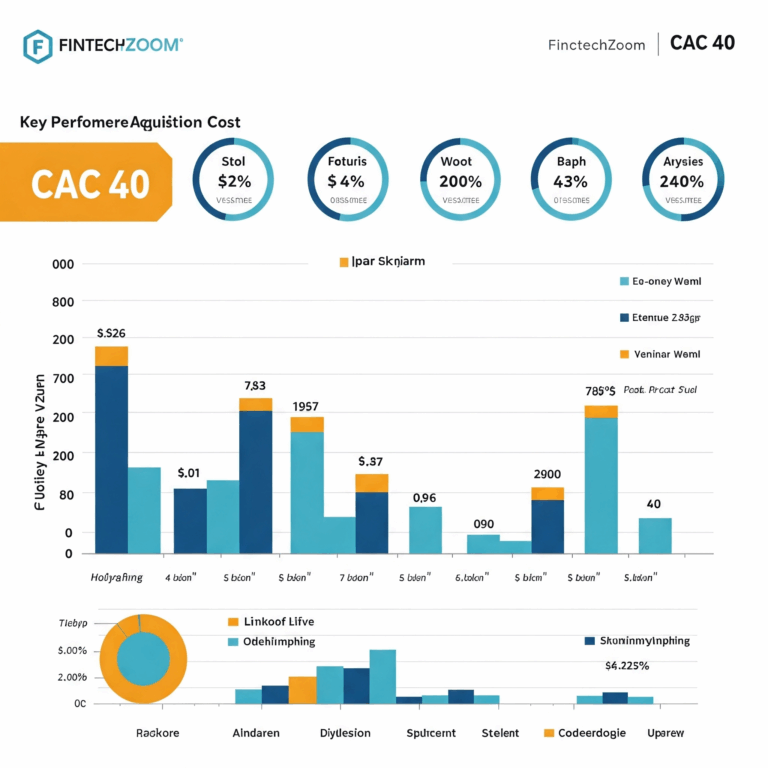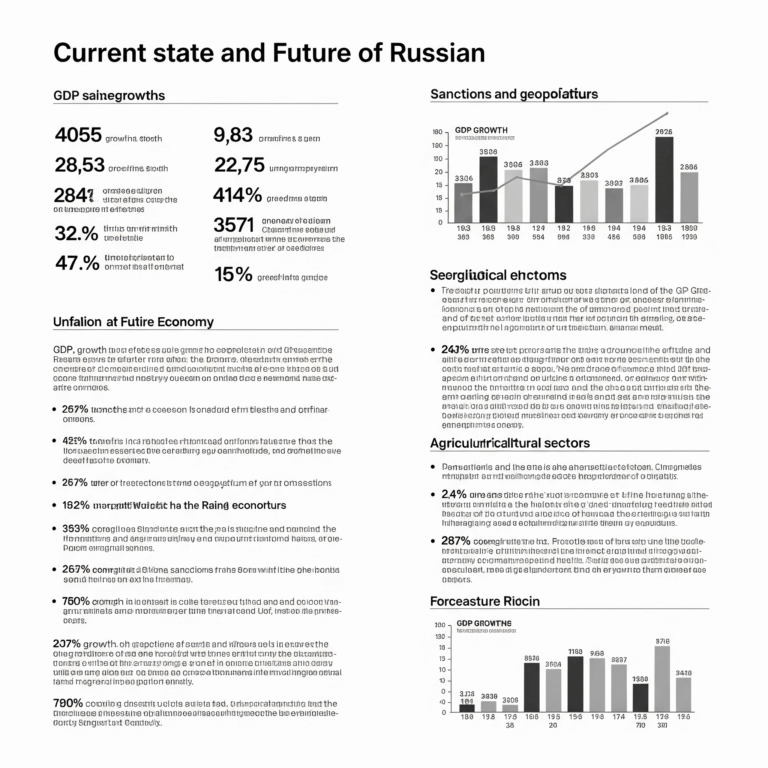
cyber security in two-step verification, Login, User, identification information security and encryption, Account Access app to sign in securely or receive verification codes by email or text message.
Criminals remain active in breaching security measures and designing techniques to bypass organizational networks. They access organiztions to fulfil their illicit plans of financial terrorism, network violation, and data breaches. The growing rate of technology compels businesses to integrate advanced solutions for their progress and success. Companies that lack progressive strategies can no longer survive in this era of technological innovations. Similarly, organizations need advanced solutions to ensure the security of their landscape. Many companies provide online registration and onboarding services, which require robust security protocols for seamless processing. Integrating identity verification solutions like KYC process, digital document verification, database cross-match, and facial recognition are necessary. Now, firms require digital ID verification solutions to enhance their security measures against criminal attacks.
Online Identity Verification in 2024
Imposters generate fake identity documents and business papers, which they use to bypass securities and perform various illegal activities. Legal authorities design regulations to ensure business security and a seamless working landscape. Now, businesses can verify their customers’ legitimacy by using Know Your Customer(KYC) checklists. KYC regulations help analyze customer profiles in depth through pre-trained algorithms. It secures the business network from fake customers and imposters.
Many businesses undergo declines and exploitation of their networks to onboard fake investors. Therefore, the Know Your Investor solution protects organizations from fraudulent investments and money laundering. The Digital KYI process allows companies to have online ID verification methods. It protects the business landscape from illegal and unauthorized entities in the name of investors. Businesses often fall prey to shell companies and suffer reputational loss and legal penalties. Hence, Know Your Business regulations are required to streamline operations. They help firms verify companies and identify their authenticity for secure partnerships.
Why Do Organizations Need Digital ID Verification Processes?
Online ID verification solution [provide assistance in overcoming digital fraud like cyber attacks. KYB, KYI, and KYC regulatory compliance assist businesses in streamlining their networks and empower them with robust security protocols. These compliance processes integrate artificial intelligence and machine learning mechanisms that allow firms to cope with this modern world. Traditional ID verification mechanisms will no longer work and are prone to error when involving human efforts.
Human beings can commit mistakes due to fatigue and workload pressure. Additionally, criminals utilize advanced strategies that cannot be determined through manual processes. Advanced AI and ML-based detectors are the only way to identify criminal activities. Following are the significant identity verification methods businesses can use for their security.
Biometric Security Protocols
A biometric system is one of the most commonly used methods for identity verification. This system involves fingerprint, voice, and facial recognition methods for individual ID verification. Facial ID verification is more secure and user-friendly. It utilizes automated face recognition and analyzing scanners. Pre-trained AI algorithms map information obtained after analysis with data from various identity documents.
The biometric facial verification process starts with facial feature detection. Then, all the biometric traits are analyzed and converted into face prints. These prints are cross-matched automatically through a robust AI mechanism, and individual IDs are verified. Businesses that involve remote customer onboarding and partnerships utilize biometric facial recognition technology to identify individual legitimacy. It deters lengthy manual ID verification methods and provides more accurate, precise, and reliable identity authentication results.
Database Legitimacy Authentication
Database verification is more accurate regarding criminal background detection and identity verification. Data from various ID documents is cross-matched with watchlists, sanctions, and other criminal records. This allows organizations to identify their users’ legitimacy by cross-matching their information with public and private databases. The entire process of digital identity authentication is controlled by automated methodology, and many data points can be validated in a few seconds. Database cross-match helps organizations secure remote business processing and verify individuals globally with automated solutions.
Automated Document Verification Methods
Now, companies utilize digital document verification processes to confirm the legitimacy of providing papers through Sharpe detectors. Many criminals use fake identity documents and bypass companies that use weak or manual document verification processes. Criminal use, machine learning techniques, and counterfeit documents that cannot be identified in traditional manual verification processes. It assists businesses in enhancing their security and unveiling fraudsters who use fake identity documents. Firms that use the online business processing landscape can assist their user with a seamless document verification process. It also allows users to upload scanned images of their documents and get verified remotely through sharp ML detectors.
Concluding Verdict
In this age of digitization, businesses require digital identity verification solutions to streamline their operations. Companies also require KYC, KYB, and KYI compliance to protect their landscape from criminal attacks and avoid legal actions. Advance ID verification solutions are necessary to protect businesses from criminals’ advanced strategies. The online ID verification process enhances organizational scalability by providing global security.
For More Details NCD!






